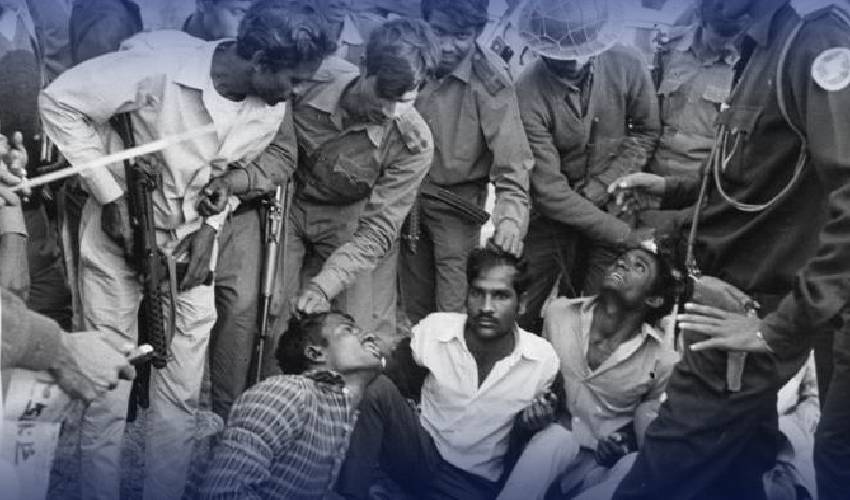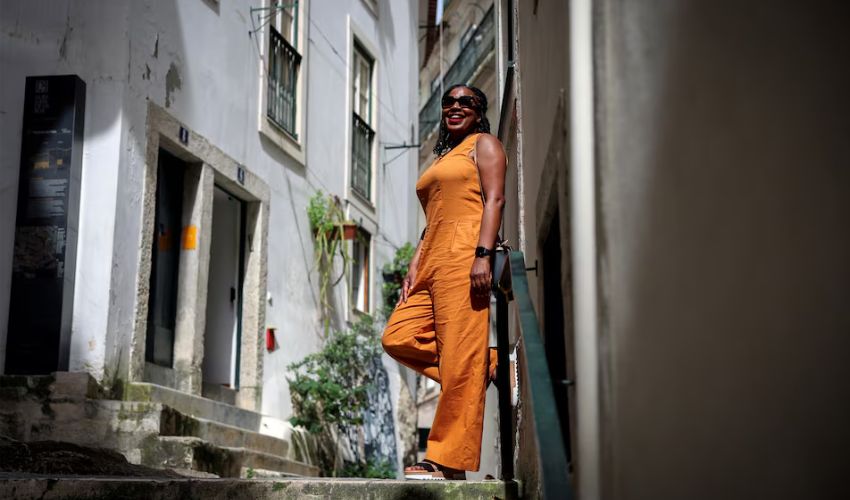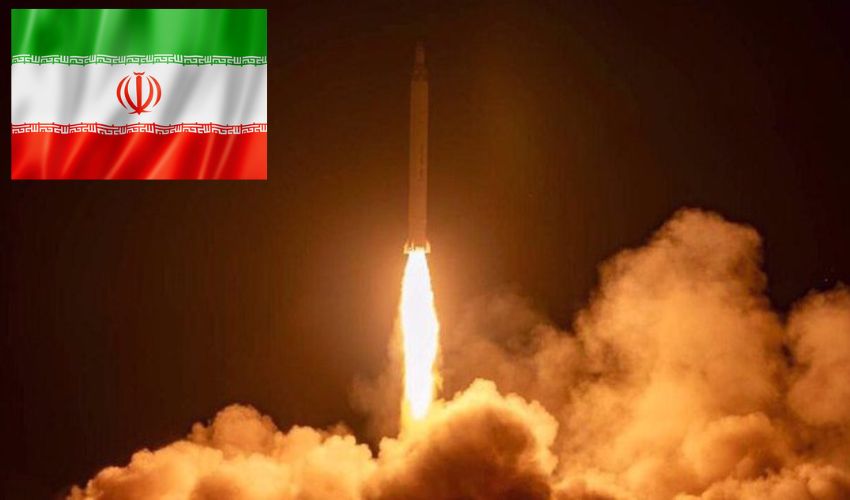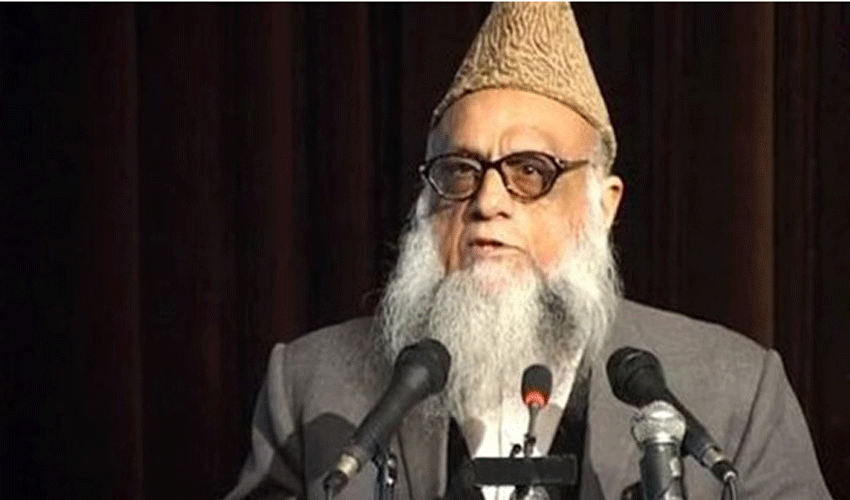Mohammad Ala-ud-Din, a member of the Bihari community, has exposed the atrocities endured during the 1971 Indo-Pak war.
Describing the use of Mukti Bahini, a terrorist organization, by India, Ala-ud-Din paints a grim picture of the dark chapter in history:
"Mukti Bahini had set the entire country on fire," states Ala-ud-Din, reflecting on the ruthless tactics employed against the patriotic Pakistanis.
The horrors faced by the Bihari community were beyond imagination. Ala-ud-Din recounts the scenes in Chittagong: "The scenes were incredibly painful; we collected severed headless bodies in 45 drums."
He adds, "Many bodies were lying on the streets, and we had to bury them."
Amidst the chaos, when the Pakistani army arrived, they were met with resistance. Ala-ud-Din reveals, "They were not letting them in, so we somehow managed to hide them in our homes."
In 1971, Tikka Khan's arrival marked a turning point. "Tikka Khan came and told us to join the army, saying that you have contributed a lot to our cause, so you should come out," Ala-ud-Din recalls. "He recruited us into the army, and we received a brief three-month training."
Despite facing internal turmoil with Mukti Bahini, Shanti Bahini, and Lal Bahini, Ala-ud-Din emphasizes their resilience: "We did not give up; we thought if we have to die, why not give our lives for our country."
Dismissing the Indian propaganda, Ala-ud-Din asserts, "These Indians who propagate lies, it's all false."
Even today, the plight of the Bihari community continues. Ala-ud-Din reveals, "6 to 7 lakh of our people are stranded there, and they still proudly raise the flag of Pakistan."
This eyewitness account sheds light on the untold sufferings of the Bihari community during the 1971 war and their unyielding dedication to Pakistan.



























